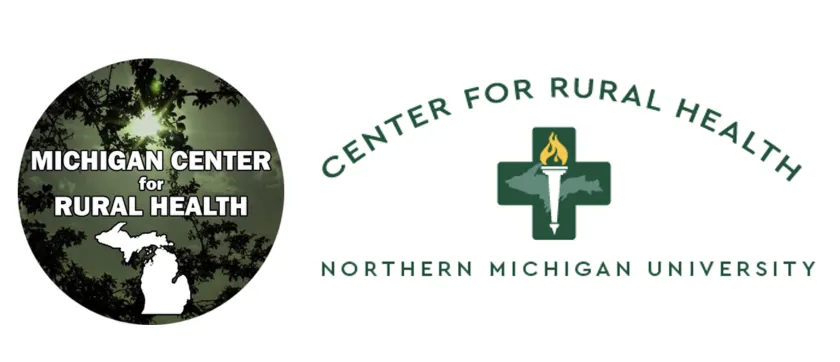A collaborative effort to increase Upper Peninsula residents' access to health care by expanding relevant workforce training, education and employment in the region has received a $1.4 million grant from the U.S. Department of Health and Human Services. The project is called U.P. WIN, short for the Upper Peninsula Workforce Innovation Network.
The Michigan Center for Rural Health was the lead applicant on the grant, and Elise Bur of the Northern Michigan University Center for Rural Health will be the project director. Bur said shortages of community health workers and paramedics in the Upper Peninsula continues to be an ongoing challenge that has only been exacerbated by the COVID-19 pandemic.
“Our communities are in need of and deserve access to affordable, quality health care services,” she said. “By understanding and addressing the social determinants of health that contribute to health inequity and disparities, we can prevent chronic diseases that are the leading causes of death in the U.P., as well as in the state and nation. A heartfelt thank you to the Michigan Center for Rural Health for supporting initiatives in the U.P. that will improve the health and wellbeing of residents.”
Economic and health disparities, in addition to inadequate availability of rural health professional training sites, make it challenging to maintain a strong health care workforce in rural and tribal communities.
“This grant funding is a big win for the region, and we will use our expertise and resources to come up with creative approaches to expanding workforce education and training in this underserved area of rural Michigan,” explained Michigan Center for Rural Health Executive Director John Barnas. “The grant partners are in a position to address the needs facing health care facilities and we want to help create and maintain a workforce network in the UP.”
One of the central elements of U.P. WIN is to create stronger links between training programs and the health care entities that will ultimately employ or rely on these public health professionals. The network's goals are to:
· Develop and expand sustainable community paramedicine and community health worker models in the U.P.;
· Leverage EMS professionals to address at-risk populations, manage patients with chronic diseases in-home, and decrease hospital readmissions, while avoiding unnecessary emergency department visits.
· Identify, educate and provide cross-training opportunities for community health workers through NMU's Center for Rural Health; and
· Develop approaches in training existing staff to maximize their clinical and operational capacity
“With this award, we will have the ability to work closely with our grant partners to offer paramedic and community integrated paramedicine education to U.P. residents,” said Andrea Abbas, EMS programs manager with the Michigan Center of Rural Health. “We are also excited to assist UP Health System Marquette Emergency Medical Services in launching the first mobile integrated health program serving the Upper Peninsula.”
In addition to the Michigan and NMU Centers for Rural Health, other partners in the network are: Upper Peninsula Michigan Works; U.P. Area Health Education Center; U.P. Health Care Solutions; Everyday Life Consulting; UP Health System Marquette School of EMT; and the Michigan Department of Health and Human Services—Bureau of EMS, Trauma and Preparedness.
The $1.4 million grant from the U.S. Department of Health and Human Services went into effect Aug. 1 and will be dispersed over a three-year period.

